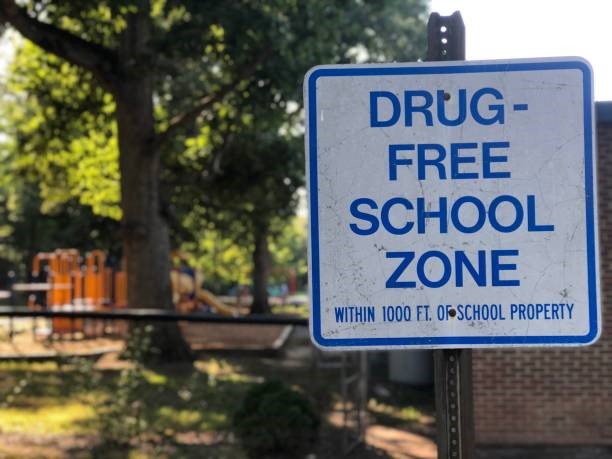Testing Students for Drugs is Not a Solution to Riots
By Caroline Kahiu
One of the national schools is requiring students to submit certified copies of drug test reports when resuming classes in January 2022. This is probably based on the theory that if the students tested on a regular and random basis will be less likely to do drugs. The problem with this theory is that it is not backed up by any scientific evidence and there is no one drug test that can test for all the possible drugs.
It is important to keep in mind that drug testing is much more complicated than simply getting the students tested at school, or even taking them to a local health facility. If considered, it should be part of a comprehensive intervention. It should be within a facility or program that has experience in the treatment of adolescents because what works for adults may not work well for adolescents.
There is also need to consider that the test may be negative if done more than two to three days after the last time drugs were used (window of detection). Drug tests can be negative if the urine sample is overly diluted, substituted with someone else’s sample or if the sample is adulterated, especially if there is no direct observation when giving the sample. They can also be seen as an unwarranted, invasion of privacy and may create an environment of resentment, profiling, distrust, and suspicion.
Drug testing should not be a stand-alone response to a drug problem. Instead of a drug test, students suspected of alcohol and drug abuse should be referred to a qualified health care professional for evaluation, counseling and treatment as needed. Adequate resources and treatment interventions must be available if the student fails a drug test.
The National School Health Policy, 2018 commits to promote healthy lifestyles and implementation of interventions to reduce modifiable risk factors for non-communicable diseases and mental health within the school community. Strategies include development, rolling out of guidelines and standards on promotion, prevention, treatment and rehabilitation of persons with mental, and substance use disorders.
In addition, the National Guidelines for Alcohol and Substance Use Prevention and Management in Basic Education Institutions, 2021 explicitly provide a blueprint for basic education institutions, teachers and caregivers in responding effectively to issues related to alcohol and substance use in schools. The guidelines recommend drug testing by an accredited public health facility as part of incident management in cases of suspected alcohol and drug abuse coupled with counselling and involvement of parents or caregivers. It should not be taken as a punitive approach to dealing with learners suspected of drug use. School administrators should be proactive and adopt evidence-based programs that are deemed successful targeting the students, parents/caregivers and the school workplace.
Remember, a negative drug test does not necessarily mean that the students are not using alcohol or drugs. Consider the pros and cons before administering a drug test.
Published: Daily Nation 31/12/2021.

